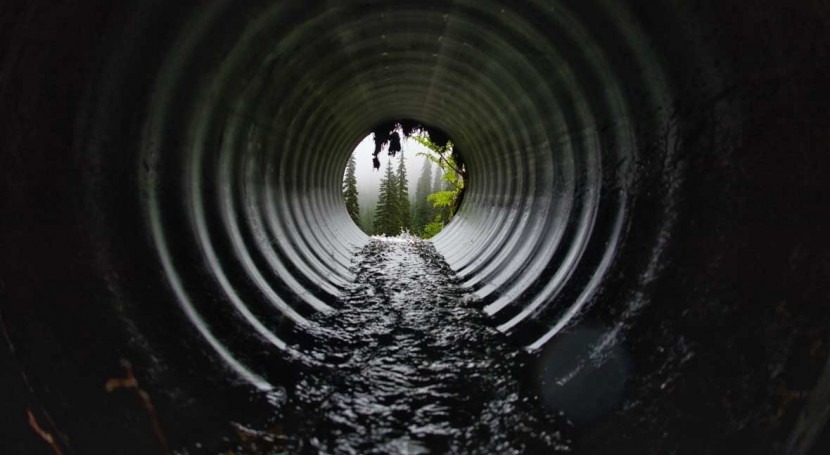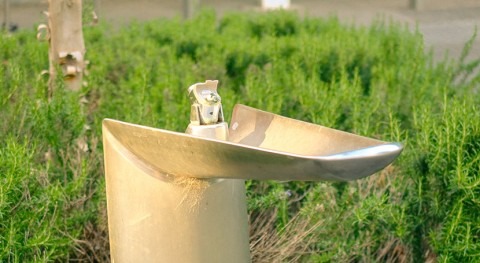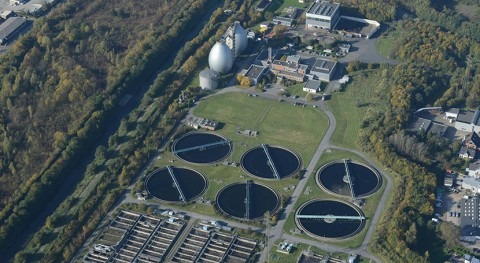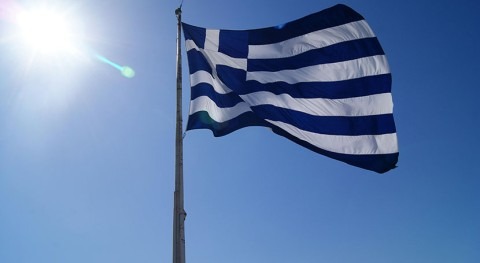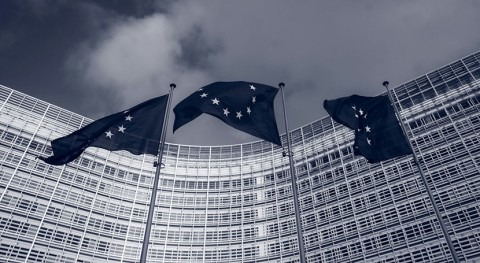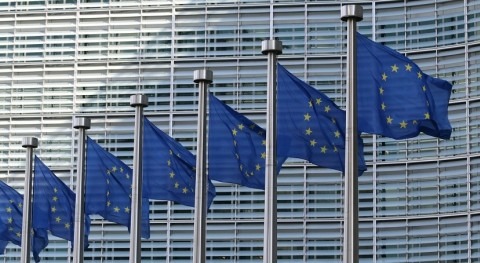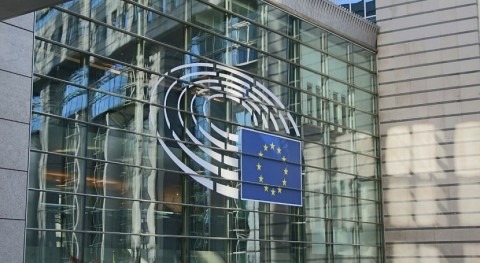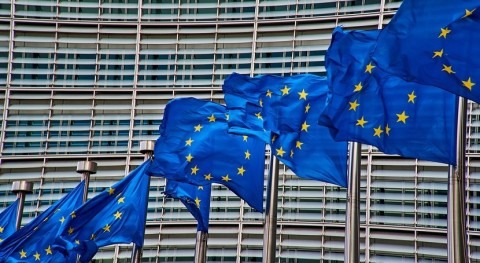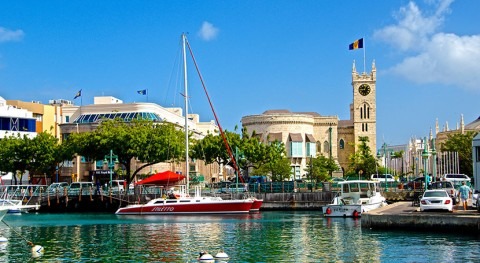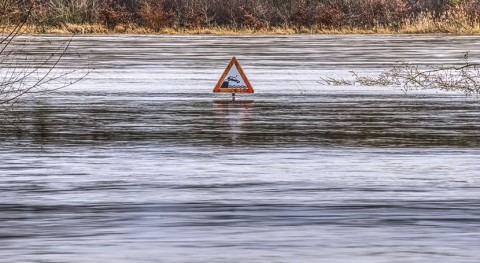Wastewater has emerged as a reliable indicator of the presence of the SARS-CoV-2 virus in the population, while being itself not a source of infection. The ability to detect RNA fragments of SARS-CoV-2 in wastewater is increasingly and independently being reported from research groups in nearly all EU Member States and beyond. This is a first opportunity to reliably surveil the presence of the virus in the population in a better and more harmonized way without direct testing of individual persons. Of particular note are studies which have detected the virus in wastewater before clinical cases are reported, indicating that the approach offers potential to form part of an early warning community public health surveillance system. This is a significant leap forward to a “life with the virus” ensuring preparedness and readiness in fighting its re-emergence.
Involving a dynamic community of actors
The European Commission has created a pan-European Umbrella Study to better understand the limitations and challenges of this approach. This includes the development of a roadmap for a systemic rollout of complementing ongoing national and regional surveillances in a unique approach. Upon suggestion from the Dutch Water Research Institute (KWR) and the Rheinisch-Westfälische Technische Hochschule (RWTH) and supported by EurEau and Water Europe, the European Commission’s Joint Research Centre and the Directorate-General Environment with involvement of the Directorate-General Health and Food Safety set up a spontaneous research alliance. They organised a study engaging directly with 90 wastewater treatment plants in Europe.
Achieving consensus across public health organisations
The Umbrella Study currently involves 17 countries (Austria, Belgium, Bulgaria, Croatia, Cyprus, Estonia, Germany, Greece, Ireland, Italy, Latvia, Malta, Poland, Romania, Slovakia, Spain and Sweden), which decided to create an overlap with the EU study. Another 9 countries (Czech Republic, Denmark, Finland, France, Hungary, Israel, Luxembourg, Portugal, Slovenia) will join the second round of the Umbrella Study, scheduled for August 2020. While first results indicate the viability of the approach, they are currently being critically reviewed to develop a consensus on the use of generated datasets. In an inclusive and open approach, critical topics and limitations are reviewed jointly with private and public entities which joined the initiative: CEDEX- Centro de Estudios y Experimentación de Obras Públicas (CEDEX), Eurecat – Technology Centre of Catalonia (Spain), the Helmholtz Centre for Environmental Research, NIREAS – The International Water Research Center, NORMAN Network, SUEZ, University of Thessaly and National Technical University of Athens (Greece) and the University of Exeter (UK) to name, but a few.
Sharing findings to assist hotspot areas
UNEP’s World Water Quality Alliance and the World Health Organization have offered their convening power to organise, in the forthcoming weeks, the knowledge transfer to the international community with a special aim to provide assistance to current hotspot areas.


